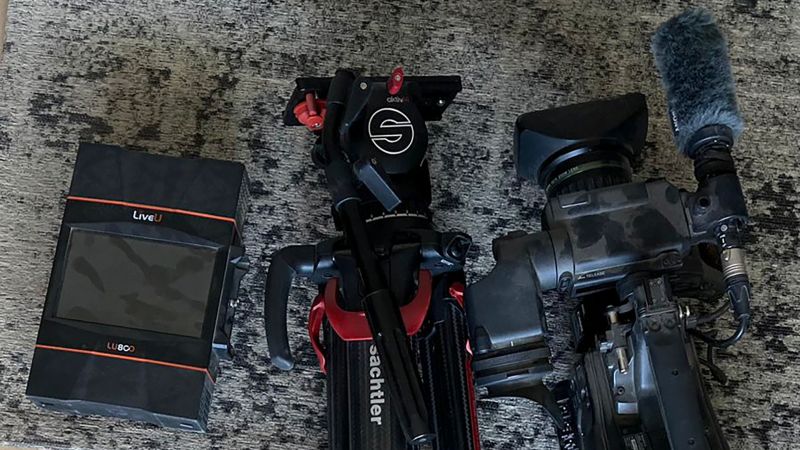Israel’s actions towards the media have come under scrutiny as the country seized a camera and other equipment used by The Associated Press to broadcast live footage of Gaza. This anti-media action was reversed only after severe backlash from free press advocates and a request from the White House. The Israeli government’s behavior towards the press has raised serious questions about its commitment to a free and open press, particularly as it has evaded accountability for journalist killings and shut down Al Jazeera’s network.
As the only democracy in the Middle East, Israel should embody the principles and ideals of a democratic society. The country should serve as a beacon of light in a region filled with repressive regimes, respecting the essential role of a free press. However, Israel’s treatment of the media does not reflect the behavior one would expect from a thriving democracy, resembling actions taken by oppressive governments to control information and silence dissent. While the AP’s equipment was returned, no public apology was offered, indicating the government’s lack of remorse.
The lack of remorse and ongoing enforcement of the law used against Al Jazeera show the government’s view of the news media amidst its conflict with Hamas. The underlying issues regarding press freedom in Israel remain unresolved, raising concerns about the ability of independent journalists to operate freely in the country. The AP expressed satisfaction with the return of its equipment but remains cautious about the government’s use of laws restricting foreign broadcasters and its impact on journalists’ ability to work without interference.
The Israeli government’s actions highlight the troublesome trend of targeting and limiting press freedoms during military operations. The government’s behavior towards the media contradicts the values of a democratic society, leading to criticism and calls for accountability. While the return of the AP’s equipment is a positive development, it does not address the broader issue of press freedom in Israel. The lack of an apology and the continued enforcement of laws restricting media outlets raise concerns about the government’s commitment to a free and open press.
The international community has expressed concern over Israel’s treatment of the media and its efforts to control the flow of information during conflicts. The country’s actions have been met with condemnation and calls for greater respect for press freedom and journalistic independence. As a democracy, Israel is expected to uphold the principles of a free press, but recent events have raised doubts about the government’s commitment to these values. Moving forward, continued scrutiny and advocacy for media freedom are needed to ensure that journalists can operate without fear of reprisal or censorship in Israel.
In conclusion, Israel’s treatment of the media, particularly during military conflicts, has raised serious concerns about press freedom in the country. The government’s actions, including seizing equipment and shutting down media outlets, contradict the principles of a democratic society and have been met with criticism from free press advocates. While steps have been taken to address specific incidents, broader issues related to press freedom in Israel remain unresolved. Continued attention and advocacy are necessary to ensure that journalists can operate freely and independently in the country without fear of interference or censorship.


